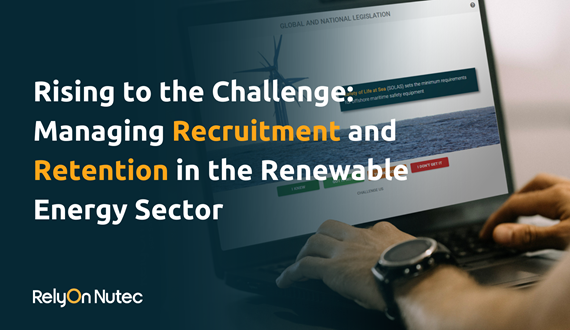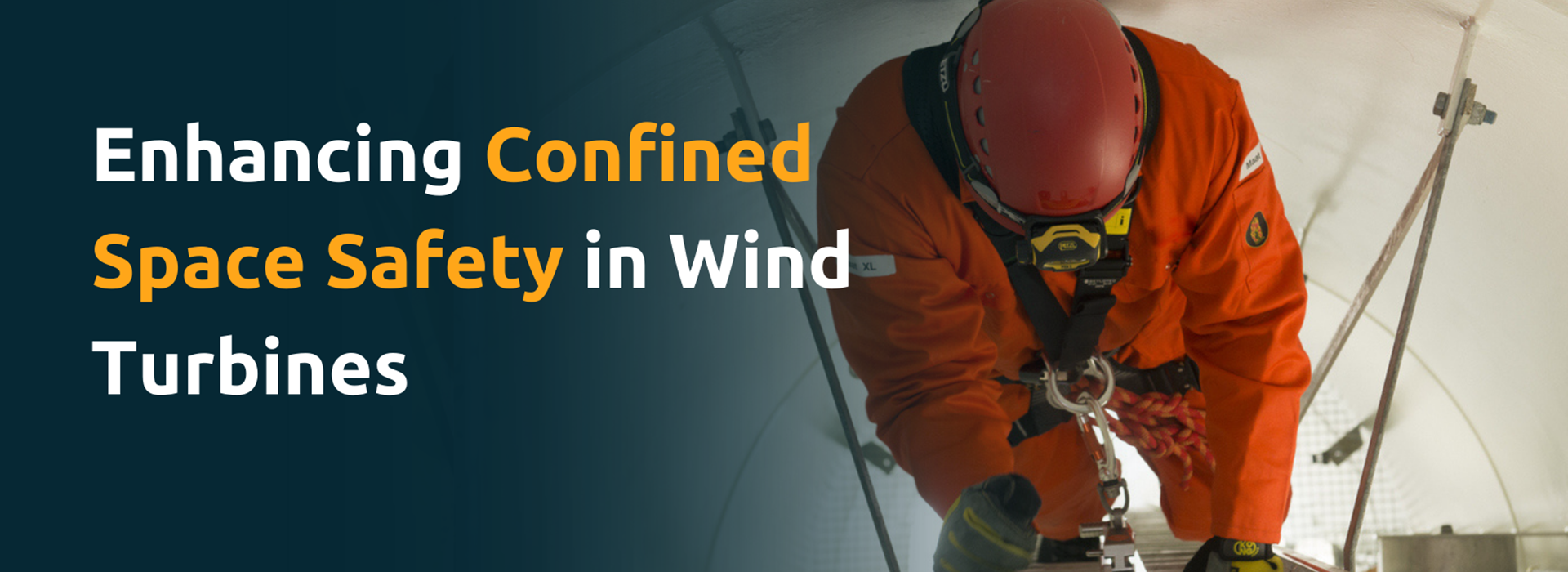Ok
In this case study, a series of incidents will unfold, highlighting the potential dangers and the consequences of neglecting safety measures. By exploring what could have gone wrong and providing safety tips to avoid such incidents, we aim to enhance understanding and promote safer practices in confined space operations.
What could go wrong?
Scenario 1: Inadequate Ventilation
The technicians fail to test and ensure proper ventilation before entering the confined space. The turbine's atmosphere contains toxic gases, such as hydrogen sulfide, which accumulate over time due to stagnant air. The team members, lacking proper respiratory protection, are exposed to these hazardous fumes, leading to asphyxiation or poisoning.
Scenario 2: Lack of Hazard Identification
The technicians fail to identify potential hazards within the confined space, including the presence of electrical equipment, sharp objects, or uneven surfaces. Due to this oversight, they are at risk of electrical shocks, cuts, falls, or other injuries.
Scenario 3: Inadequate Communication & Monitoring
The team members do not establish effective communication protocols or implement a monitoring system. Consequently, they lose track of each other's locations, hindering rescue efforts in case of an emergency.
Scenario 4: Absence of Proper Training & Emergency Preparedness
The technicians lack adequate training in confined space entry and rescue procedures. In the event of an accident, they are ill-prepared to respond promptly and effectively.
How to avoid such incidents
To mitigate the risks associated with confined spaces in wind turbines, it is imperative to establish robust safety protocols and ensure their adherence. Through key measures like comprehensive training, pre-entry assessments, and effective communication the incidents outlined in the previous scenarios can often be prevented. By providing thorough training programs for all team members, organizations can equip their workers with the knowledge and skills required for safe operations. Training should encompass specialized instruction in confined space entry, rescue procedures, and hazard recognition. Hereby, it is crucial to keep these training programs up to date, aligning them with evolving safety standards and industry best practices.
Furthermore, before allowing entry into any confined space, a meticulous pre-entry assessment should be conducted. This assessment includes a rigorous evaluation of the conditions within the confined space, involving air quality assessments and testing for toxic gases. It also entails identifying potential hazards, such as electrical equipment, sharp objects, or uneven surfaces. Entry should only be authorized when conditions are deemed entirely safe.
In addition, effective communication is key during confined space operations. Clear and reliable communication protocols should be established among team members inside the confined space and those stationed outside. Moreover, comprehensive emergency response plans specific to confined space incidents should be developed and rehearsed. These plans should outline procedures for rescue operations, provide appropriate rescue equipment, and designate trained personnel to lead rescue efforts. By adhering to these measures, wind turbine maintenance teams can reduce the risks associated with confined space operations and prioritize the safety of their personnel.
How RelyOn Nutec can help
At RelyOn Nutec, we offer a comprehensive range of safety training programs, including Confined Spaces training courses specifically designed for who all individuals who perform work in a confined space, either above or below ground (land), deck (offshore), or a larger space with poor ventilation. Our course is tailored to provide personnel with the critical knowledge, skills, and attitude needed to work safely in and around confined spaces. With our primary focus on prevention, this course equips delegates to proactively identify and mitigate potential hazards, maintain safe working conditions, and make informed decisions within confined spaces. Through this safety training, employees become more knowledgeable and safety-conscious, reducing the risk of accidents, which ultimately benefits the organization as well.
To further support organizations in safety-critical industries, we offer two robust solutions to meet different organizational needs. Our Business Portal streamlines training management, offering easy access to our training catalog, simplifying booking processes, and providing essential features for training administration. On the other hand, RIDER focuses on compliance and competence management, helping to track qualifications, predict compliance gaps, and monitor workforce competence efficiently. RIDER seamlessly integrates into existing systems and allows for comprehensive assessment and evidence storage. Whether seeking streamlined bookings with Business Portal or comprehensive compliance and competence management with RIDER, we offer individual solutions for safety training and compliance needs.
In addition, we support organizations in managing and reducing risks in the workplace by digitizing control of work systems with our application WorkSafe. WorkSafe provides a range of tools and resources to help businesses create a safe and efficient workplace, and to ensure the safety of workers across a wide range of industries. It combines multiple elements of safety management, including risk assessment, hazard identification, control of work, and emergency response planning. By implementing WorkSafe, companies can create a safer work environment, reduce the risk of accidents and incidents, and improve their overall safety performance.
Next read
-

-

-
 Article 14. June 2024
Article 14. June 2024 -

Ensuring Safety and Efficiency: IRATA Rope Access Training for a Safer Work Environment
In industries such as oil & gas and renewables, where accessing challenging locations is common, rope access methods provide a safe and efficient solution. These methods offer technicians a secure means of navigating heights and restricted areas while minimizing environmental impact. However, proficiency in rope access requires proper training and a globally accepted safety education.
Article 4. June 2024 -

Polaris Sells RelyOn Nutec to Mubadala Capital
The acquisition, part of Mubadala Capital’s flagship Private Equity Fund IV, strengthens the asset manager’s footprint in the business services sector.
Article 24. May 2024 -

RelyOn Nutec Acquires Electrical Training and Consultancy Specialist Quercus Technical Services, Fast-tracking European Electrical Capability Build
Effective May 21st, RelyOn Nutec has acquired Quercus Technical Services BV, one of the largest specialist electrical safety and skills training organizations in the Netherlands. The acquisition of Quercus bolsters RelyOn Nutec’s position in the electrical training market and accelerates its European roll out.
Article 22. May 2024 -

-
 Article 2. May 2024
Article 2. May 2024
